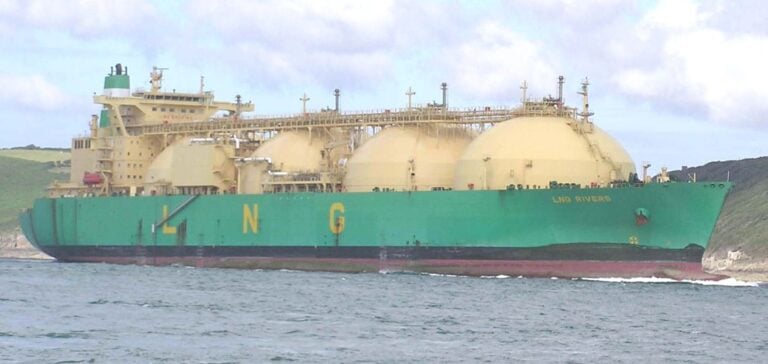Gas consumption in Germany registered another decrease for the week ending October 27, according to data from the Federal Network Agency, Bundesnetzagentur. Average demand reached 2.09 terawatt hours per day (TWh/d), an 8% decline from the same week in 2023 and a 20% drop compared to pre-crisis levels measured between 2018 and 2021. This decline follows six consecutive weeks of annual increases.
Since the energy crisis, Germany has struggled to reach its pre-2022 consumption levels, with high demand limited to periods of unusually cold weather. This trend continued with historically low levels recorded over the summer.
Industrial and residential sector consumption
In the industrial sector, which includes power generation, average consumption remained stable at 1.37 TWh/d during the week under review, compared to the same period last year. Meanwhile, household and small business gas usage dropped significantly, with an average consumption of 0.72 TWh/d, marking a 19% decrease from the same week in 2023.
German authorities highlight that gas flows into the country remain stable but emphasize the importance of maintaining prudent consumption in a still-volatile market context.
Gas price trends and storage levels
This decrease in consumption comes as European gas prices hit their highest levels of 2024. On October 25, the benchmark month-ahead price on the Dutch TTF market was €43.47/MWh, according to S&P Global Commodity Insights, before dropping to €39.85/MWh on October 31.
At the same time, Germany’s gas storage remains near full capacity. According to data from Gas Infrastructure Europe, the storage level reached 98% as of October 30, well above the 95% target set for November 1, 2024. These high storage levels result from storage targets established in 2022, which require reserves to reach 85% of capacity by October 1 and 95% by November 1 to ensure a strengthened supply security.
Challenges for future storage
Despite this success, the German gas storage industry association, INES, raises concerns about the market’s ability to encourage storage filling over the next two years. The Gas Storage Act, in effect until 2027, mandates that Germany maintain reserves at strict levels, with a minimum of 30% capacity to be met by February 1 each year. Germany, which has the largest gas storage capacity in the European Union, has committed to exceeding the targets set at the EU level to avoid future shortages.






















